25 Mind-Blowing Sleep Facts: The Science of Slumber & Better Sleep in 2025
The Sleep Epidemic & Why We Need to Talk About It
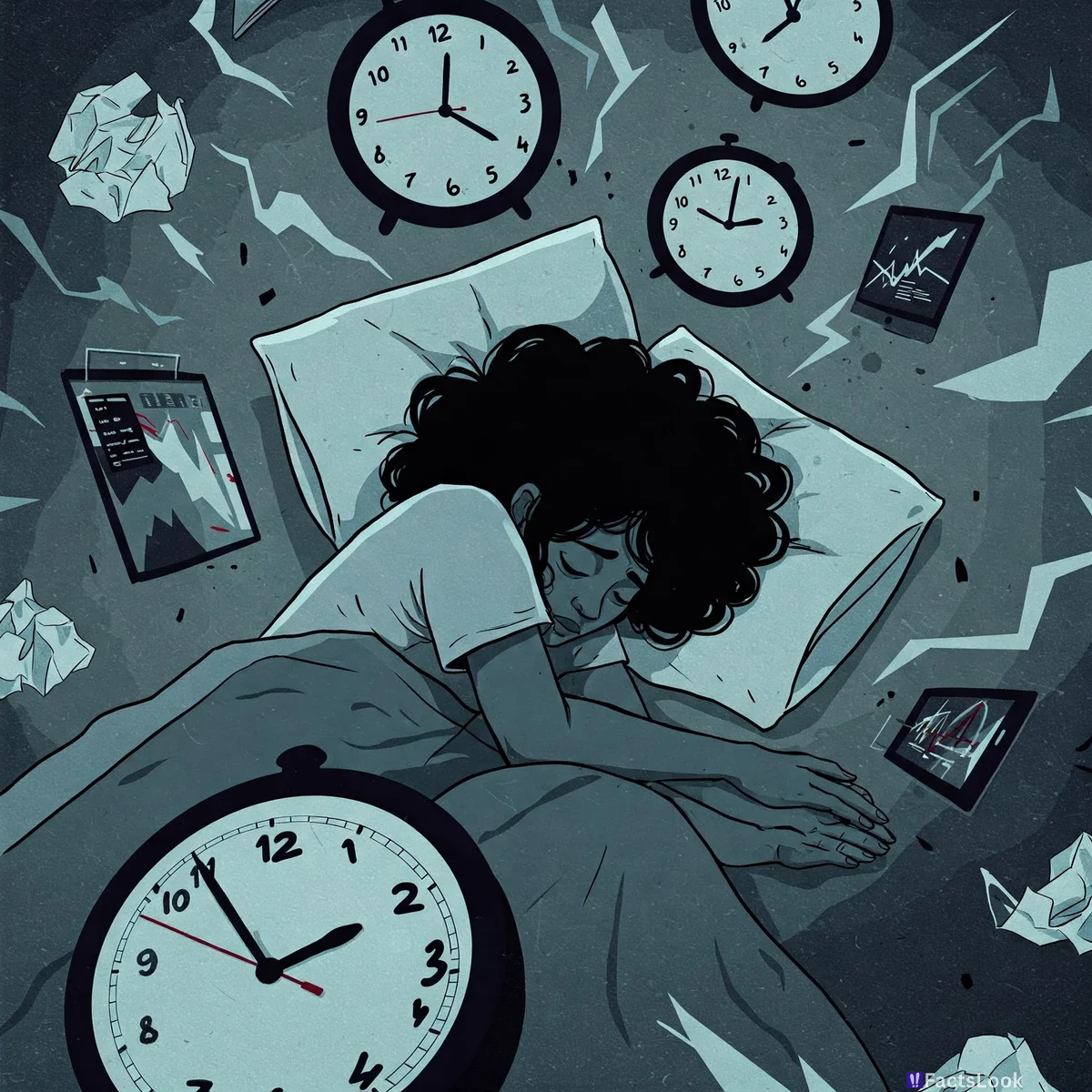
Did you know that over 35% of adults aren't getting enough sleep? This isn't just about feeling tired; chronic sleep deprivation is linked to serious health issues like heart disease, diabetes, and depression. As we head into 2025, prioritizing sleep is more critical than ever for a healthy, productive life. This listicle dives into fascinating sleep facts you probably didn't know, offering insights for a more restful future.
Sleep Isn't Just 'Turning Off'
Sleep isn't a passive state. Your brain remains incredibly active, consolidating memories, clearing toxins, and restoring energy. Different stages of sleep (REM, deep sleep, light sleep) each play unique roles in physical and mental restoration. Disrupting these stages impacts cognitive function and overall well-being. [Source: National Sleep Foundation - https://www.thensf.org/]
The Circadian Rhythm: Your Internal Clock
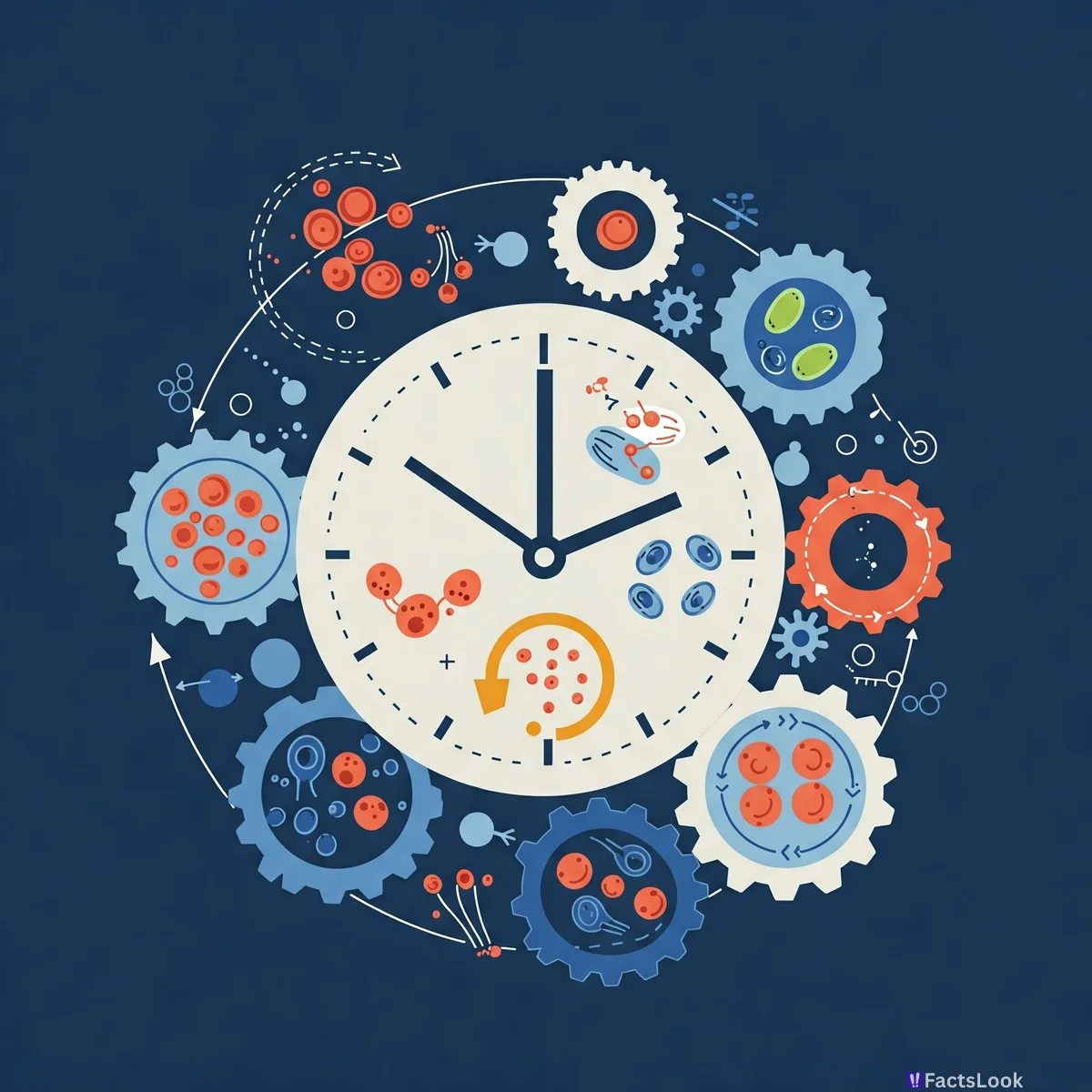
Your body operates on a roughly 24-hour internal clock called the circadian rhythm, influenced by light and darkness. This rhythm regulates hormone release, body temperature, and sleep-wake cycles. Modern life often disrupts this rhythm, leading to sleep problems. Aligning with your circadian rhythm is key to restorative sleep.
Sleep & Memory Consolidation
Sleep directly impacts learning and memory. During sleep, the brain replays and strengthens newly formed memories. This 'consolidation' process transforms short-term memories into long-term ones. Skimping on sleep after learning something new reduces your ability to remember it.
Dreaming Happens in REM Sleep

Most vivid dreams occur during Rapid Eye Movement (REM) sleep. During REM, your brain activity is similar to when you're awake, but your body is paralyzed to prevent you from acting out your dreams. Scientists believe dreaming plays a role in emotional processing and problem-solving.
Sleep Needs Change With Age
Newborns need the most sleep (14-17 hours), while adults typically need 7-9 hours. As we age, sleep patterns change, and we may experience less deep sleep. Understanding age-related sleep needs is vital for maintaining optimal health throughout life.
Sleep Deprivation & Weight Gain

Lack of sleep disrupts hormones that regulate appetite (ghrelin and leptin). This can lead to increased cravings for high-calorie foods and a higher risk of weight gain. Prioritizing sleep is an important – and often overlooked – component of a healthy weight management plan.
Your Bedroom Environment Matters
A dark, quiet, and cool bedroom is essential for quality sleep. Minimize light and noise pollution, and keep the temperature between 60-67°F (15-19°C). Investing in blackout curtains, earplugs, or a white noise machine can significantly improve your sleep.
Blue Light & Melatonin Suppression
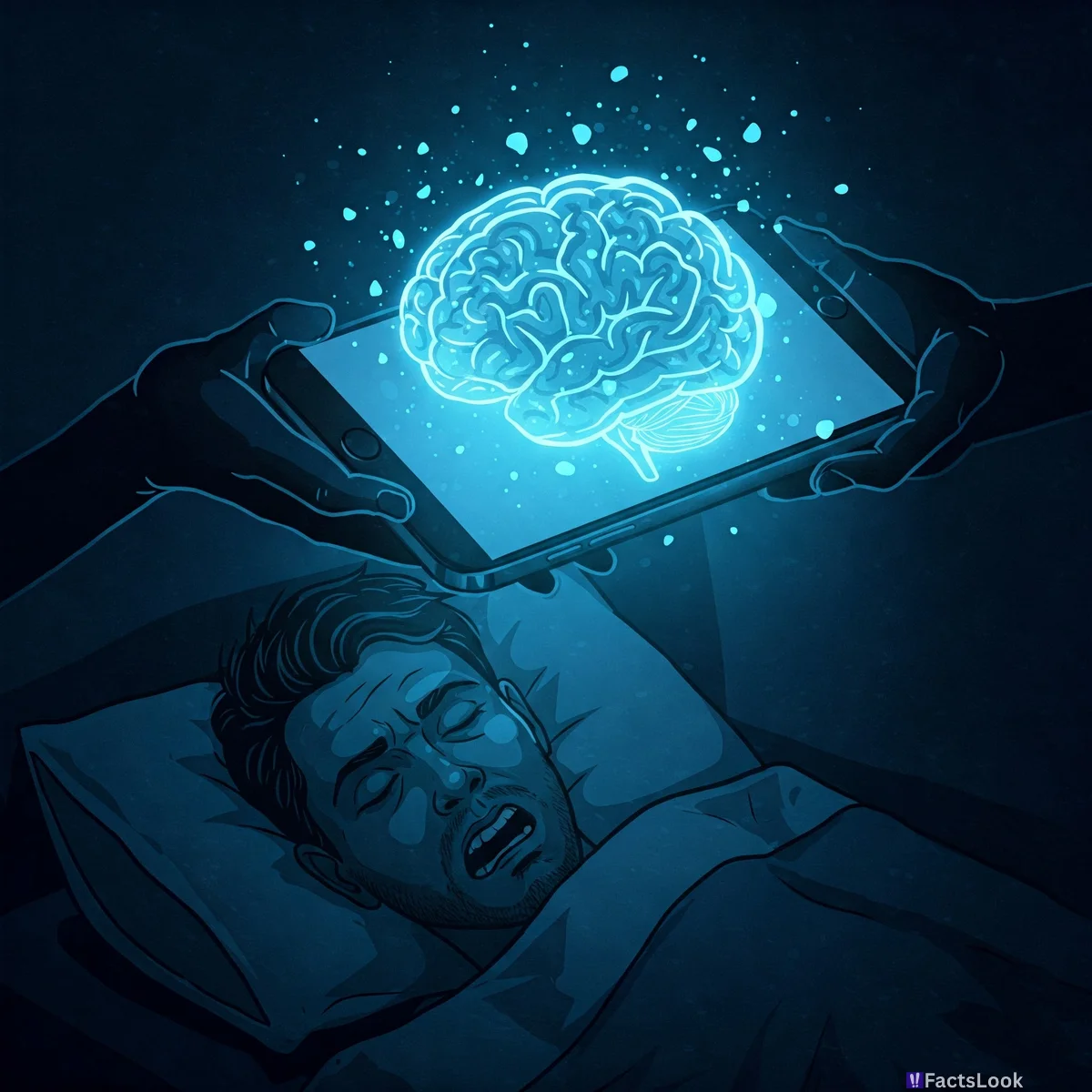
Exposure to blue light emitted from screens (phones, tablets, computers) suppresses melatonin production, a hormone crucial for sleep. Avoid screen time for at least an hour before bed or use blue light filters to minimize the impact. [Source: Harvard Medical School - https://www.health.harvard.edu/]
Napping Strategically

Short naps (20-30 minutes) can boost alertness and performance. However, long naps can interfere with nighttime sleep. Avoid napping late in the afternoon or evening. Strategic napping can be a powerful tool for managing fatigue.
The Power of a Consistent Sleep Schedule
Going to bed and waking up at the same time each day, even on weekends, helps regulate your circadian rhythm and improve sleep quality. Consistency is more important than the total hours of sleep.
Caffeine's Hidden Impact

Caffeine has a half-life of 5-7 hours, meaning it takes that long for half of the caffeine to be eliminated from your system. Consuming caffeine late in the day can disrupt sleep, even if you don’t feel its immediate effects.
Alcohol & Sleep Quality
While alcohol may initially make you feel sleepy, it disrupts sleep later in the night, leading to fragmented sleep and reduced REM sleep. Avoid alcohol close to bedtime if you want to optimize your sleep quality.
Exercise & Sleep: A Beneficial Combo
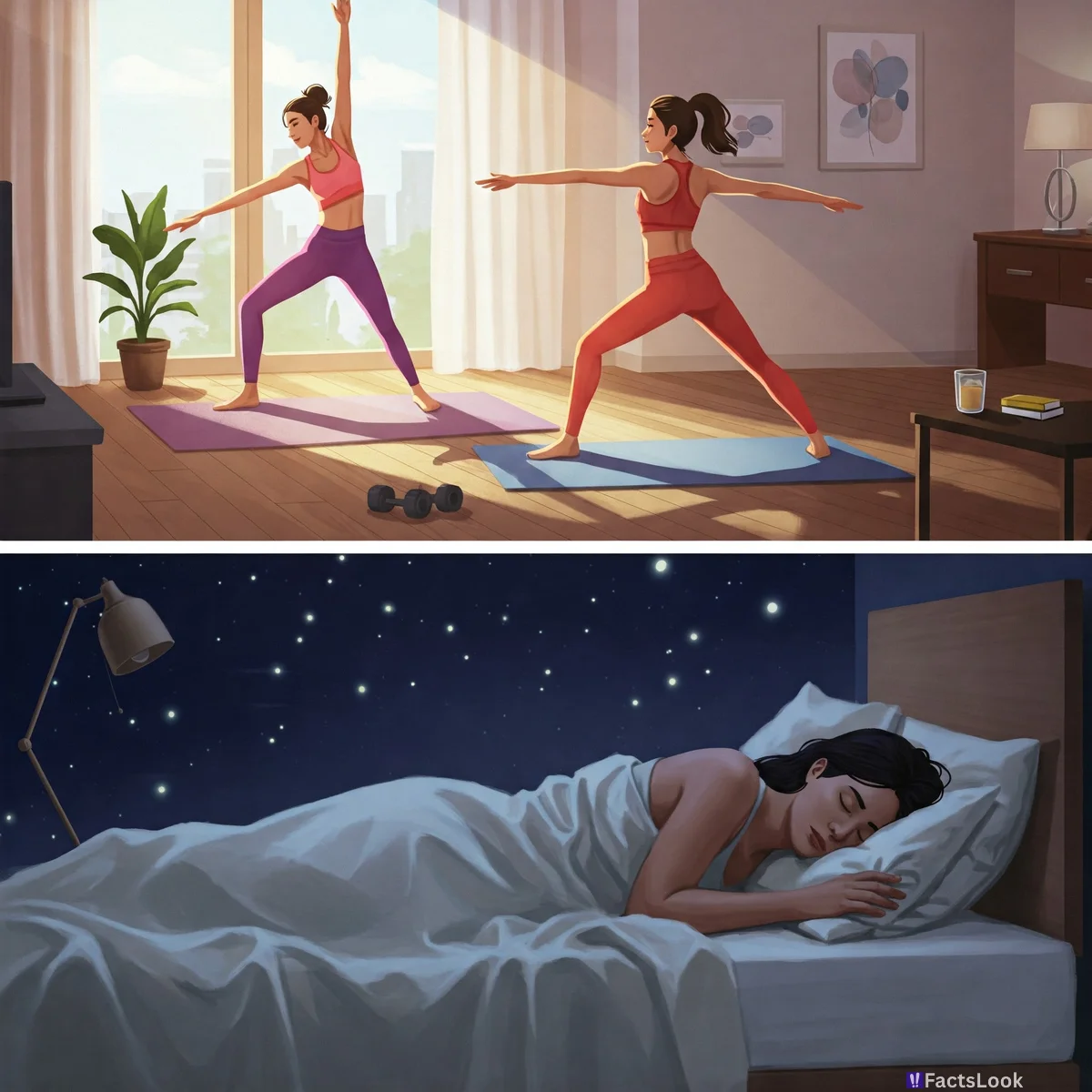
Regular physical activity can improve sleep quality and duration. However, avoid intense exercise close to bedtime, as it can be stimulating. Aim to finish your workout at least 3-4 hours before going to bed.
Sleep Apnea: A Serious Condition
Sleep apnea is a disorder characterized by pauses in breathing during sleep. It can lead to daytime fatigue, heart problems, and other health issues. If you snore loudly or feel tired despite getting enough sleep, consult a doctor. [Source: American Academy of Sleep Medicine - https://aasm.org/]
The Role of Magnesium in Sleep
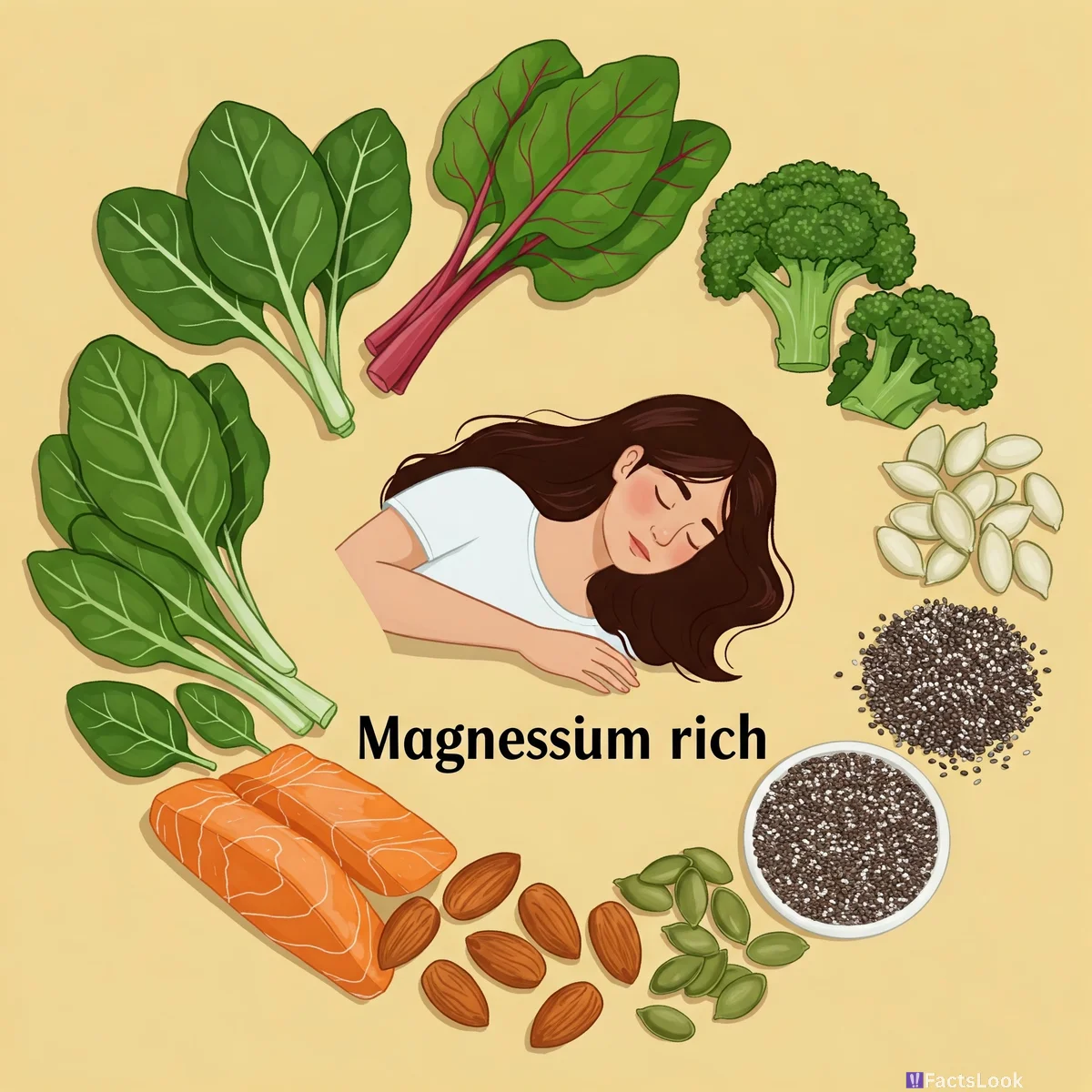
Magnesium plays a vital role in muscle relaxation and nerve function, both of which are crucial for sleep. Magnesium deficiency can contribute to insomnia and restless legs syndrome. Consider incorporating magnesium-rich foods into your diet.
Sleepwalking: More Than Just a Movie Trope

Sleepwalking is a sleep disorder where people perform complex behaviors while asleep. It’s often triggered by stress, sleep deprivation, or certain medications. While usually harmless, it’s important to take precautions to prevent injuries.
The Impact of Stress on Sleep
Stress and anxiety are major contributors to sleep problems. Practicing relaxation techniques like meditation, deep breathing, or yoga can help calm your mind and prepare for sleep. Managing stress is crucial for a good night’s rest.
Sleep Debt Accumulates
You can't truly “make up” for lost sleep. While catching up on sleep can alleviate some of the effects, chronic sleep deprivation creates a “sleep debt” that accumulates over time, impacting your long-term health.
Better Sleep in 2025: Tech & Innovation

Expect to see more sleep-tracking technology, personalized sleep recommendations driven by AI, and innovative sleep aids in 2025. From smart mattresses to light therapy devices, technology is playing an increasingly important role in improving sleep.
The Science of Lucid Dreaming

Lucid dreaming is the ability to become aware that you're dreaming while still inside the dream. Some people can even control their dreams. While still not fully understood, research suggests it can be a therapeutic tool for overcoming nightmares.
Sleep & Immune Function
Sleep is a vital component of a healthy immune system. During sleep, your body produces cytokines, proteins that help fight inflammation and infection. Lack of sleep weakens your immune defenses, making you more susceptible to illness.
The Surprising Link Between Sleep & Creativity
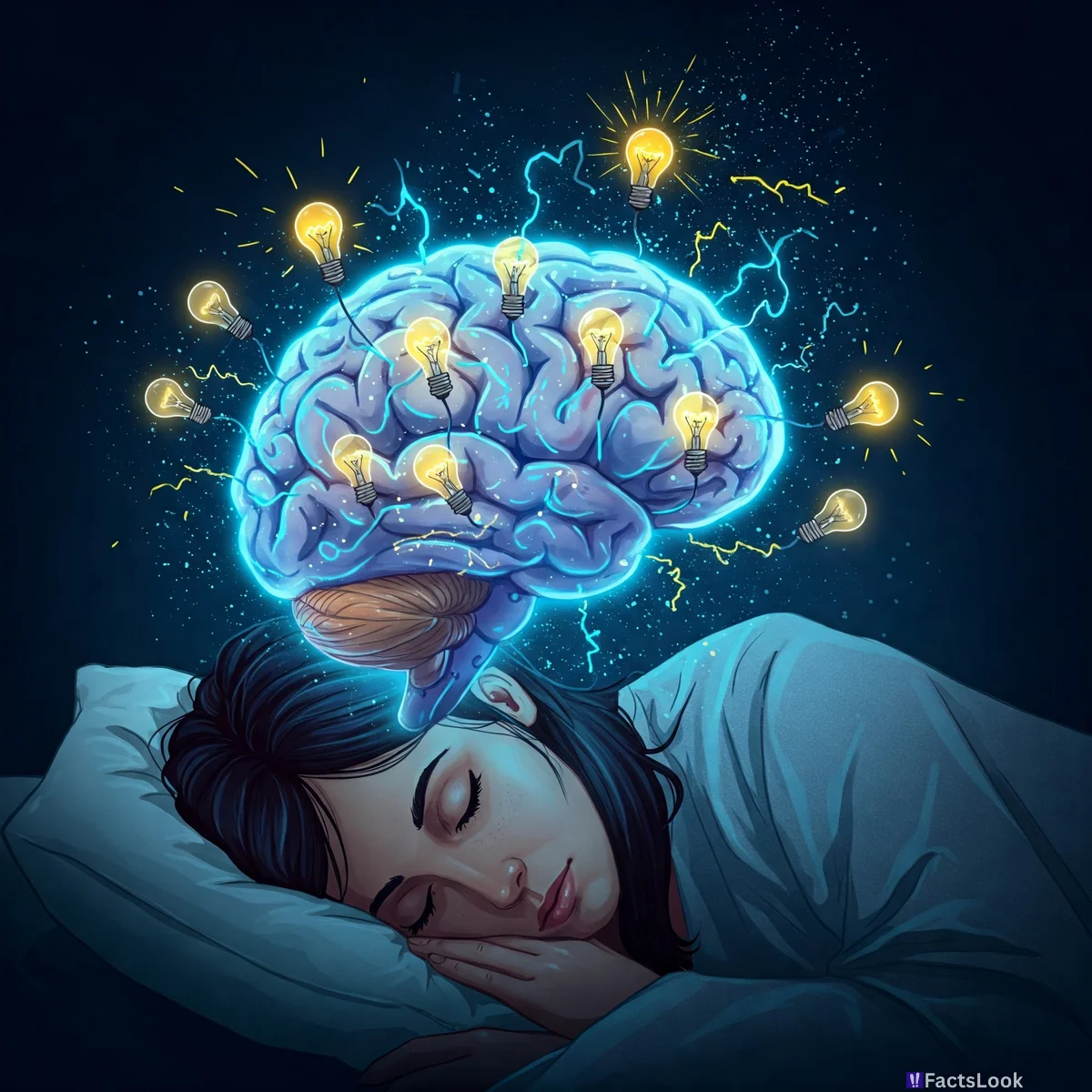
Sleep can actually boost creativity. During REM sleep, the brain makes unexpected connections between ideas, leading to insights and innovative solutions. Getting enough sleep can enhance your problem-solving abilities.
Sleep Disorders and Mental Health
There's a significant link between sleep disorders and mental health conditions like anxiety and depression. Addressing sleep issues can significantly improve mental wellbeing. Seeking professional help for both is often necessary.
The Future of Sleep: Personalized Sleep Medicine

The future of sleep lies in personalized medicine, tailoring sleep interventions to individual needs based on genetics, lifestyle, and sleep patterns. Expect more sophisticated sleep diagnoses and targeted therapies. Better sleep in 2025, and beyond, hinges on this individualized approach.
Comments
Loading comments...